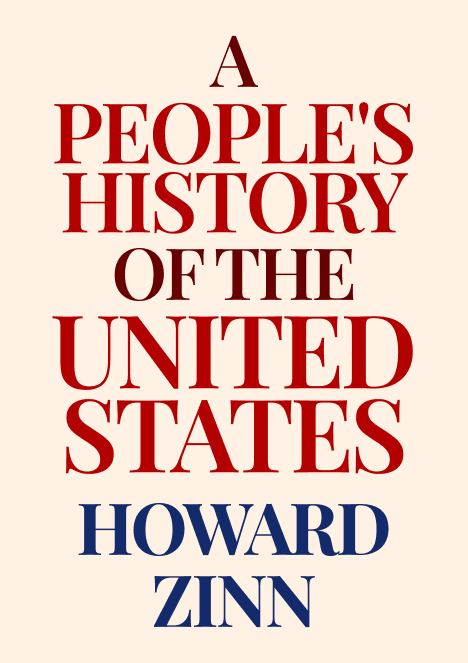When Christopher Columbus landed in the Bahamas, the first Native American culture that he encountered was that of the Arawak Indians who, like most of the continent’s inhabitants, were welcoming, generous, and good-hearted. This was in stark contrast to the Western culture of the time, which was dominated by the power struggles and greed of popes and absolute monarchies. In his reports to the Spanish court, Columbus himself said that these people held absolutely no regard for the concept of private property, and were unfamiliar with any form of malice.
Columbus’ priority was to find gold. Due to his pressing financial commitments, he turned to the Spanish crown to fund his expedition, and he was under obligations to repay his investors in the form of gold and spices. The growing Turkish influence in the Mediterranean meant that Spain needed to find an alternative ocean route to Asia, and Columbus would also receive a percentage of the earnings and a noble title.
He was unable to find gold immediately, so he decided to bring back what was available: people. In 1495, he returned to the old continent with a cargo of 500 Native Americans to sell as slaves. Of these, 200 died during the journey, and many more died after arriving in Europe as a result of the conditions in which they were forced to live. Meanwhile, in the Americas, the Indians were forced, under threat of amputation, to collect as much gold as possible, even though this was an extremely scarce resource in those more distant lands. Once it became clear that there was no gold, the Indians were sold into slavery, and were worked at such a brutal pace that the population of Haiti plummeted from around 250,000 people at the time of its discovery in 1492, to about 50,000 just over two decades later in 1515.
The most graphic and realistic accounts were written by Spanish bishop, Bartolomé de Las Casas, who reported cases of genocide, as well as widespread suffering, powerlessness, division of families, physical exhaustion, occupation, slavery, and death. The author maintains that this is the real history of the European invasion of American Indian territories, and that the version written in most Western texts overlooks, distorts, or downplays the truth.
